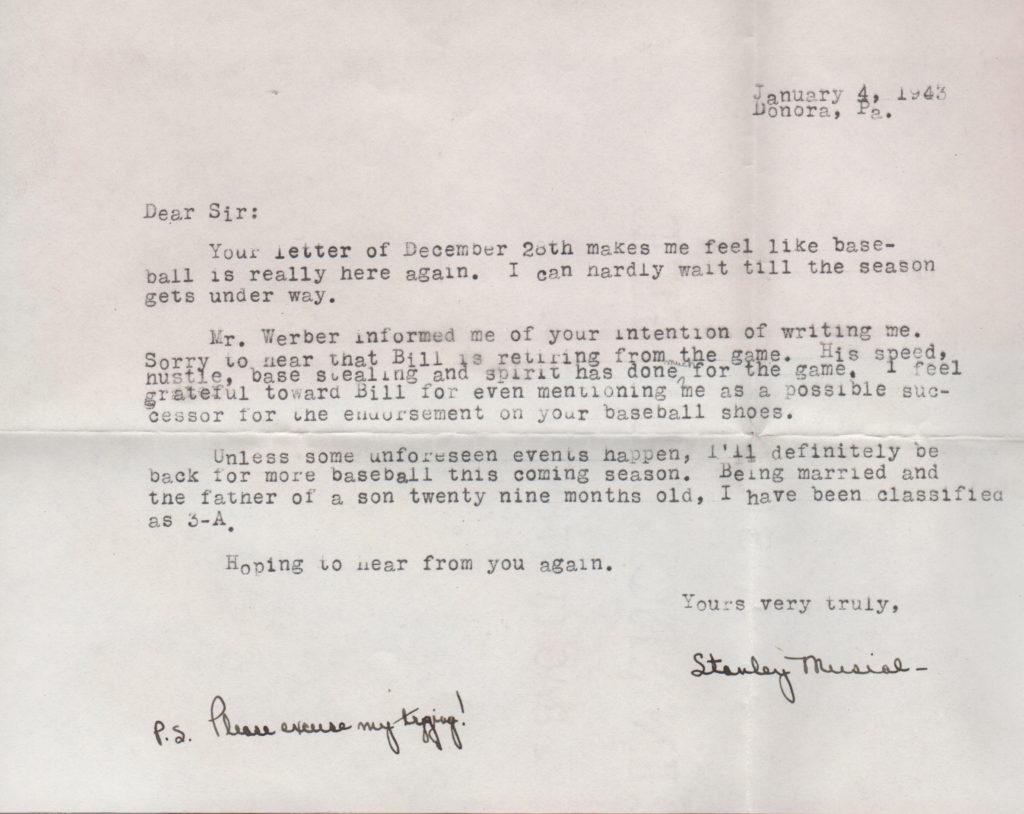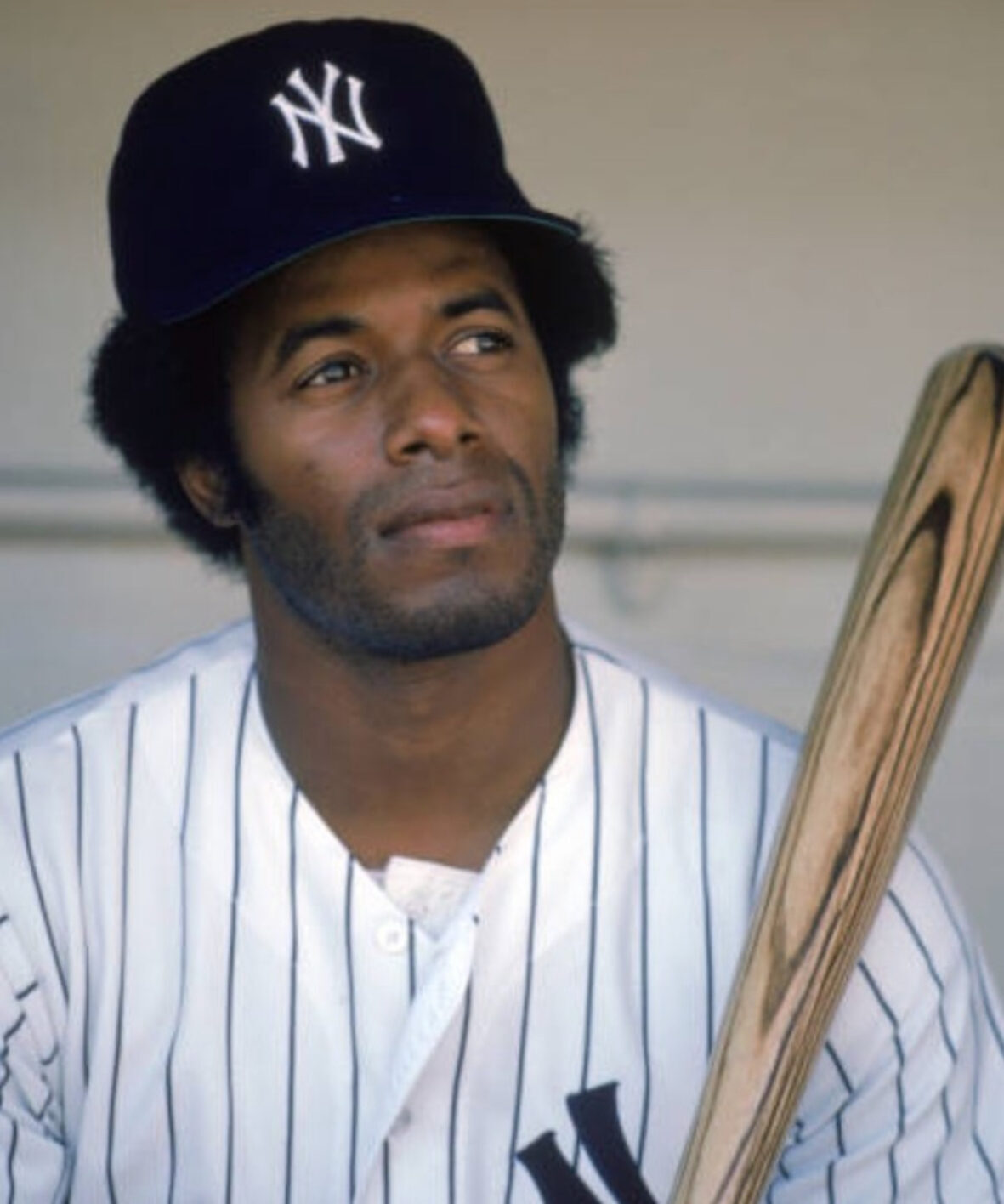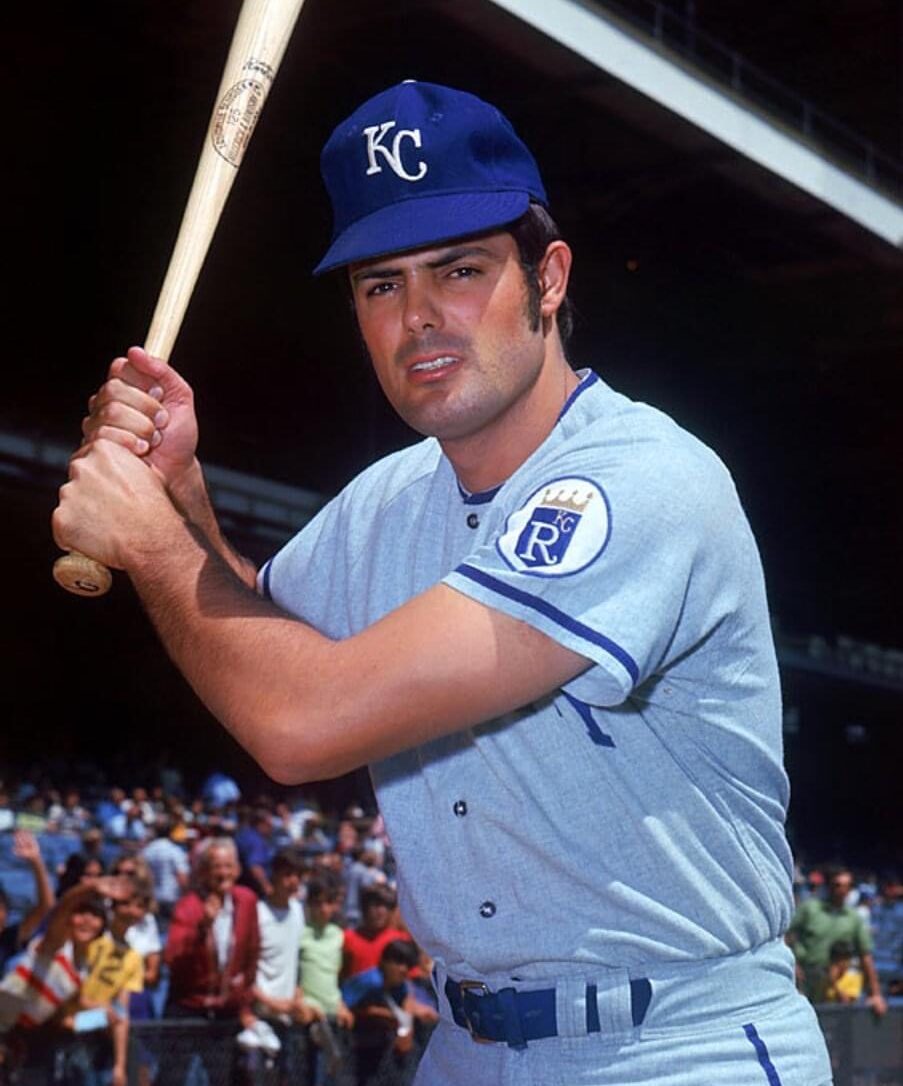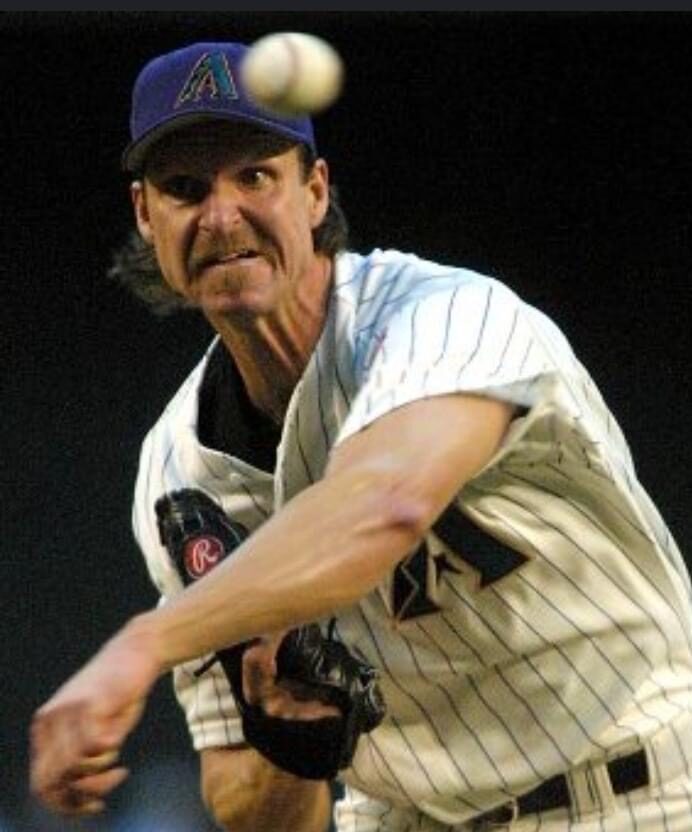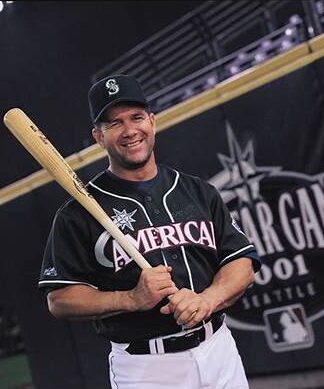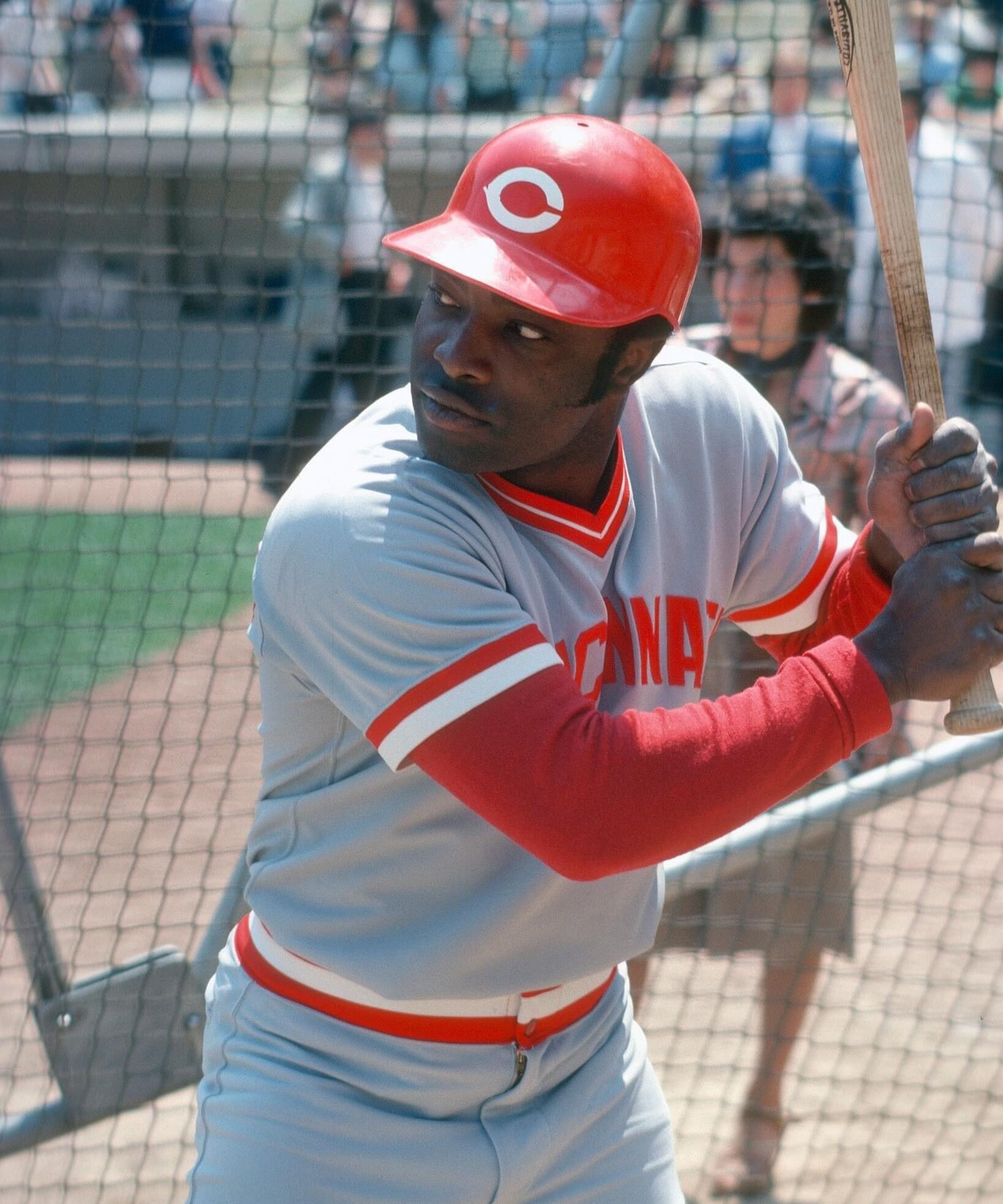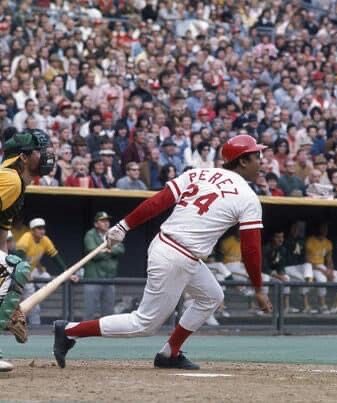Ken Griffey Jr.
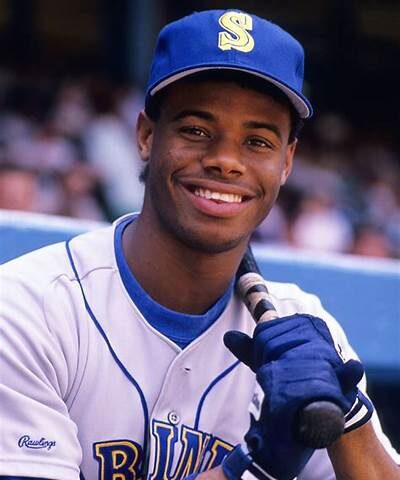
| Birthdate | 11/21/1969 |
| Death Date | |
| Debut Year | 1989 |
| Year of Induction | 2016 |
| Teams | Mariners, Reds |
| Positions | Center Field, Designated Hitter |
By being named on 437 of the 440 Hall of Fame ballots, Ken Griffey Jr. set the record for highest voting percentage with 99.318%.
Leave a commentIn the collection:
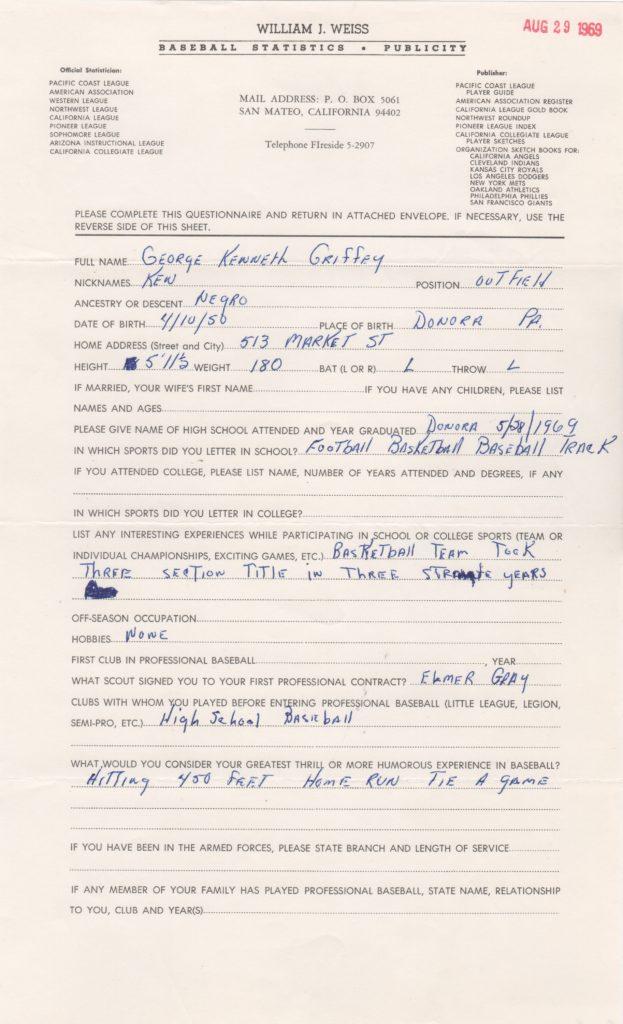
Junior's father Ken Griffey Sr. was a 3-time All Star and 2-time World Series champ with the Big Red Machine
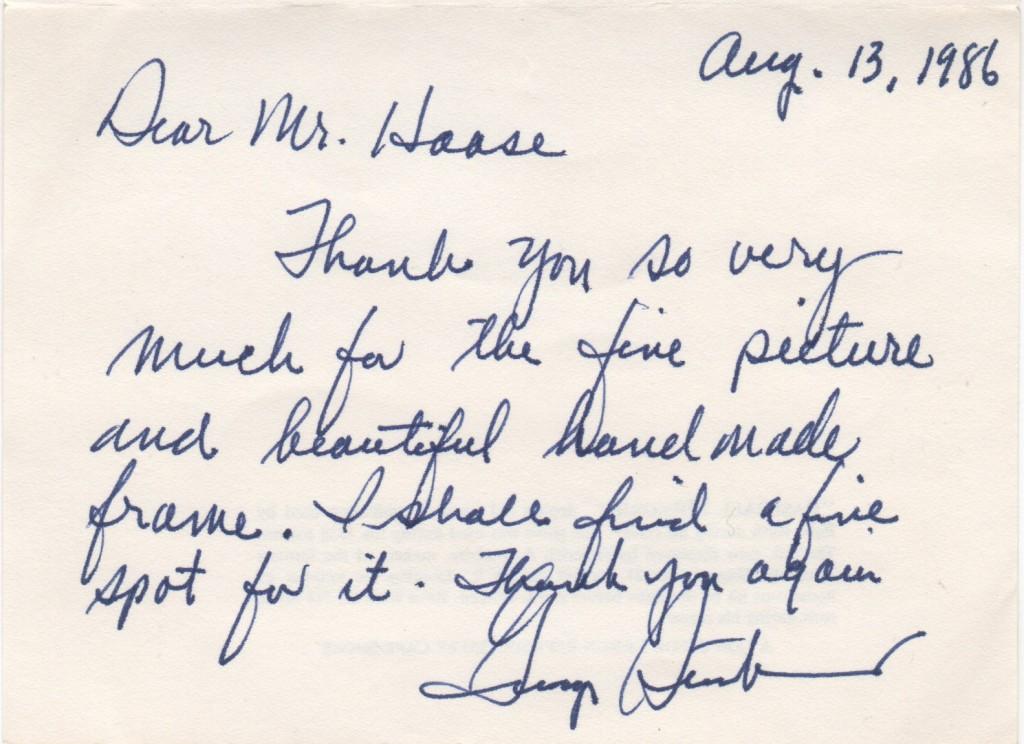
Junior always remembered the way he was treated when his father played for the New York Yankees
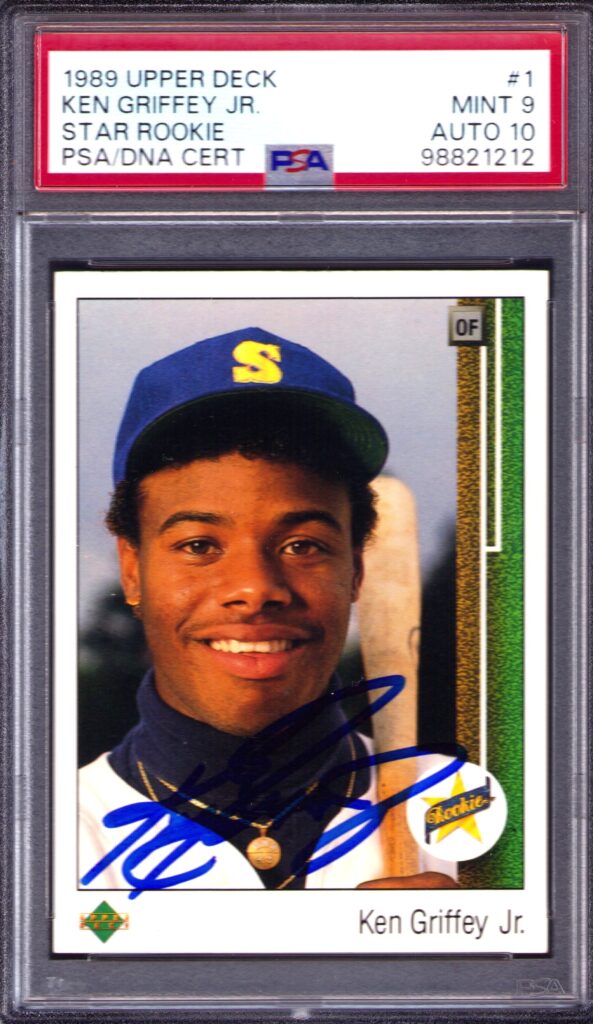
Junior debuted in 1989 at age 19 as the Mariners Opening Day centerfielder
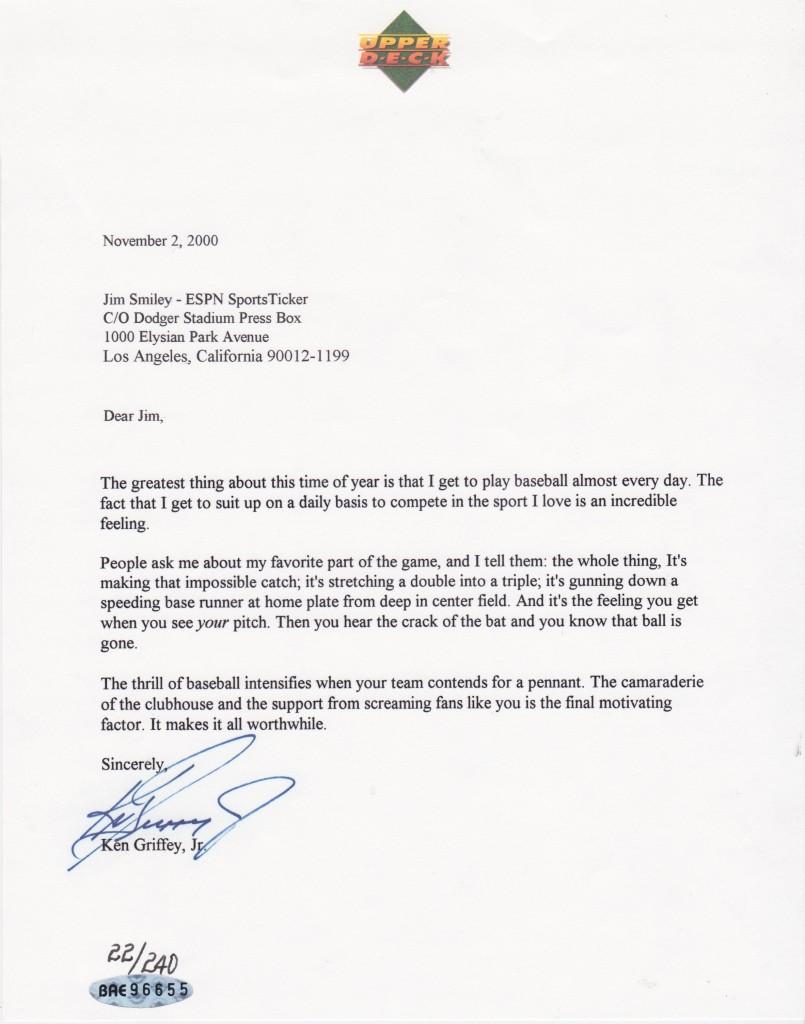
Ken Griffey Junior played both sides of the ball with a youthful exuberance
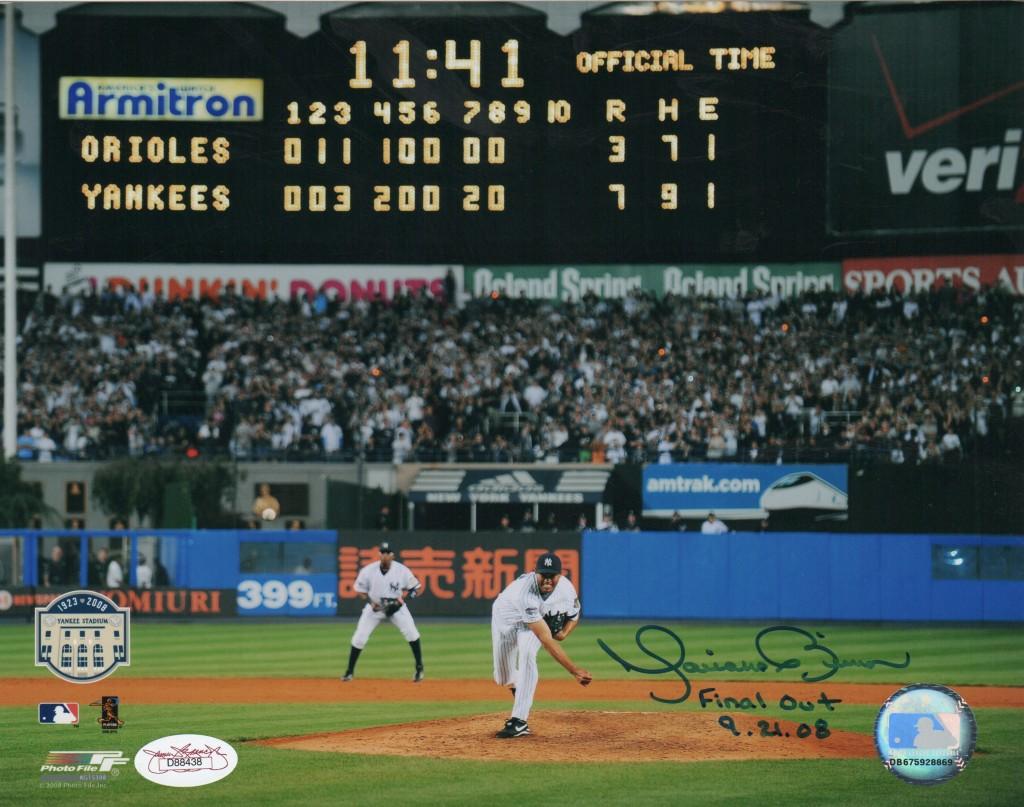
Junior held the record for highest Hall vote percentage before Mariano Rivera got in unanimously
